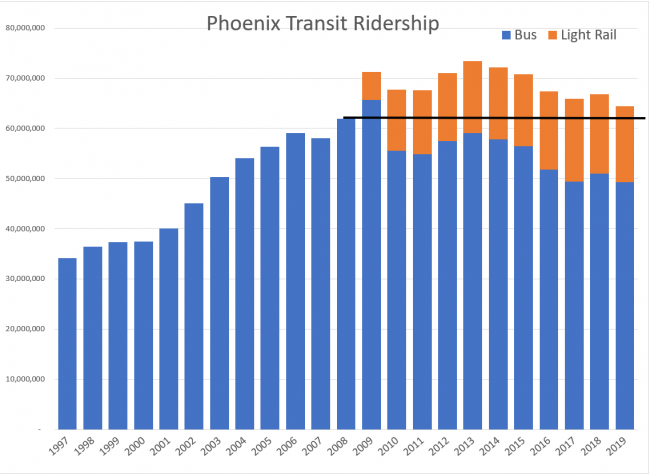Uber Takes Another Body Blow
Waaaay back in April of 2015, I prophesied that California's efforts to turn Uber drivers into employees would kill Uber, though it would take some years to bleed out. California has since embodied that court ruling into law (a law which Uber is currently ignoring). Now, New Jersey is going after Uber:
Two months after Uber decided to ignore new ignore new California legislation requiring companies to reclassify contract workers as employees - a measure which would affect up to one million residents who work as contractors and drastically impact Uber's bottom line - more states are lining up to demand a pound of flesh from the world's formerly most valuable startup (and subsequently one of the year's worst IPOs).
On Thursday, New Jersey picked up where California left off and found that Uber owes the state about $650 million in unemployment and disability insurance taxes because the rideshare company has been misclassifying drivers as independent contractors, the state’s labor department said.
As Bloomberg reports, Uber and its subsidiary Rasier LLC were assessed $523 million in past-due taxes over the last four years, the state Department of Labor and Workforce Development said in a pair of letters to the companies. The rideshare businesses also are on the hook for as much as $119 million in interest and penalties on the unpaid amounts, according to other internal department documents.
The New Jersey labor department has been after Uber for unpaid employment taxes for at least four years, according to the documents, which Bloomberg Law obtained through an open public records request. The legal battle goes back to 2015, when New Jersey first informed Uber that it had obtained a court judgment ordering the company to pay about $54 million in overdue unemployment and temporary disability insurance contributions. It’s not clear whether the company ever paid any of that bill.
The tax issue in my mind is not the biggest problem. I still think that the worker "protections" states are starting to insist Uber adopt (e.g. minimum wage, shift lengths, shift scheduling, etc) are death for their whole labor model, and in fact will hurt most of their workers by killing what attracted drivers to Uber in the first place. To summarize that article, there is a huge irony in that for decades labor advocates have been decrying the loss of agency by hourly workers in a capitalist economy. Uber has given its drivers agency they don't have in almost any other hourly job, and labor advocates are doing all they can to kill it.
